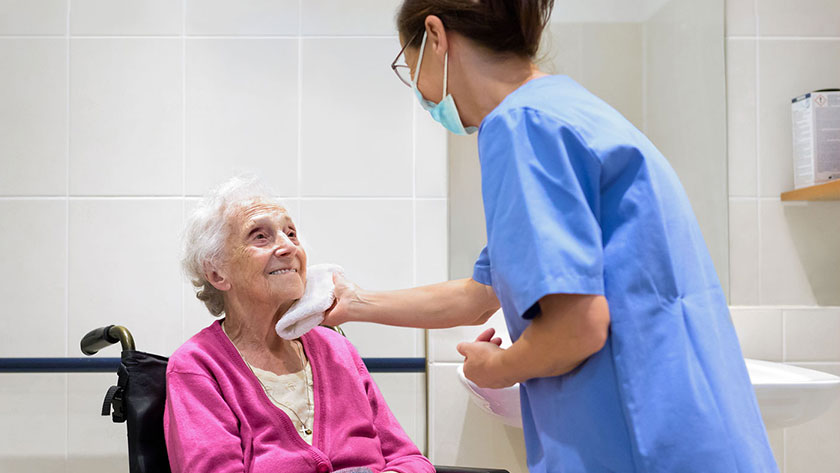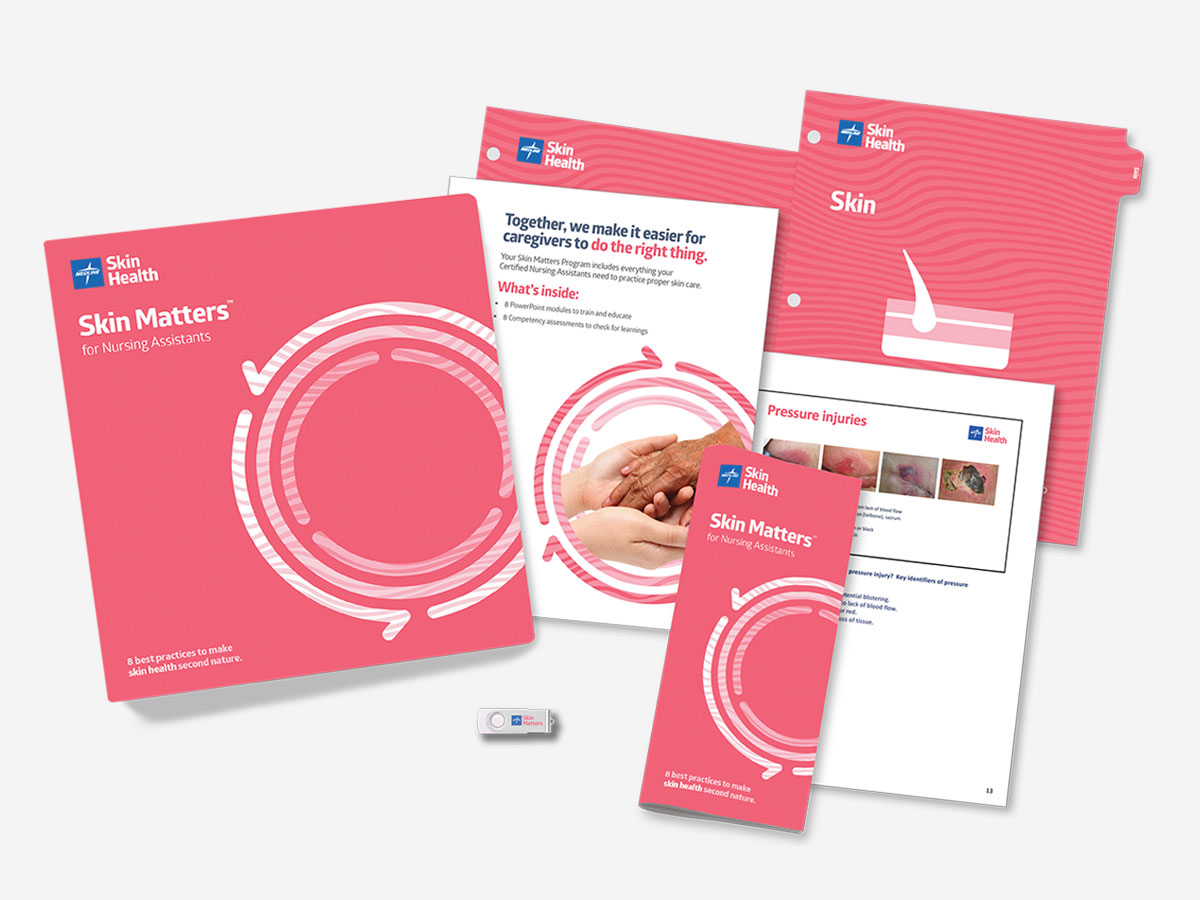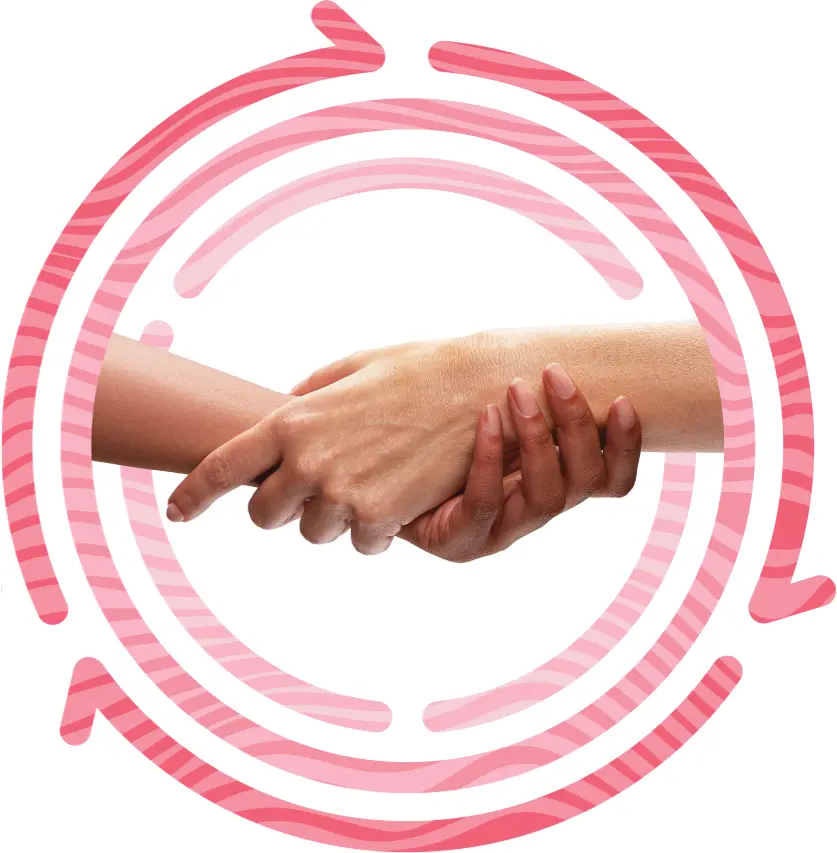How do nursing assistants help prevent skin breakdown? Find out firsthand
Learn how CNAs help maintain skin health, from morning to night.

Certified nursing assistants are an integral part of patient care, including skin health. Knowing what your nursing assistants do can help you empower them to help prevent skin breakdown that may lead to pressure injuries.
To find out more, we talked with veteran CNA Brenda LaRue. For the past 20 years, LaRue has worked at the Madison Center, a 62-bed post-acute care facility that’s affiliated with Genesis in Morgantown, West Virginia. In 2017, she was awarded the Individual Excellence Award from the West Virginia Health Care Association.

What does a CNA do?
Brenda LaRue describes a typical day caring for patients.
What’s your favorite part of your job?
Connecting with the residents and their families. I have long conversations with them; we go down memory lane; they share their life experiences with me. I get to really know them.
What do you do in a nutshell?
We ensure the comfort of the patient.
What’s the first order of the day?
Rounds with the night shift. Then, we wake the patients, get them dressed and groomed and take them to breakfast or pass trays to those who don’t want to go to the dining room.
After breakfast?
Some will want showers, so we’ll do that; call buttons will be going off, so we’ll attend to those; we’ll do vitals and weight, whatever is needed for the doctors. Therapy will come in and work with them and afterward, they’re usually tired, so we lie them back down.
Is showering a tough task?
Sometimes, but you get to know the patient, and it’s not too bad. They enjoy it; they feel pampered.

What patient care do you perform throughout the day?
We reposition them in their beds or wheelchairs; we transfer them from beds to wheelchairs and vice versa. We change their bedding. We measure and record their food and liquid consumption. We alert nurses to any emergencies. We change those who can’t go to the bathroom on their own.
How do you include skin health in your practice?
When I’m dressing them and during showers, I audit their skin. I always check behind the ears and between the toes, those areas you can’t observe when they’re in bed. We always make sure their skin is intact and, if we notice anything, we let the wound care nurse know right away.
What would you say about being a CNA?
It’s a strenuous and emotional job, because you become very attached to your residents and your families, especially when they’ve been there for years. But it’s an extremely important and rewarding job.
Help empower nursing assistants to protect fragile skin with targeted education and training. Working with the right clinical partner provides a strong foundation. Medline’s Skin Matters program is targeted specifically to CNAs and the important work they do every day. The eight pre-built modules support best practices and come with competency assessments and a convenient pocket guide. Learn more about Skin Matters.

Key takeaway
CNAs regularly care for patient skin by using appropriate skin care products and practicing prevention strategies. Encourage and empower nursing assistants to seek your expertise when they have questions and concerns about alterations in patient skin integrity. As a team, you can help prevent skin breakdown.
More ways to help empower, educate and support nursing staff:
Download posters and discover Skin Health continuing education courses for WOCs and CNAs at Medline University.
Improve post-acute skin health practices: download this white paper to learn more.
Help close the gaps in skin and wound care by consulting with other experts.
Get tips on how to strengthen nursing staff resilience.
